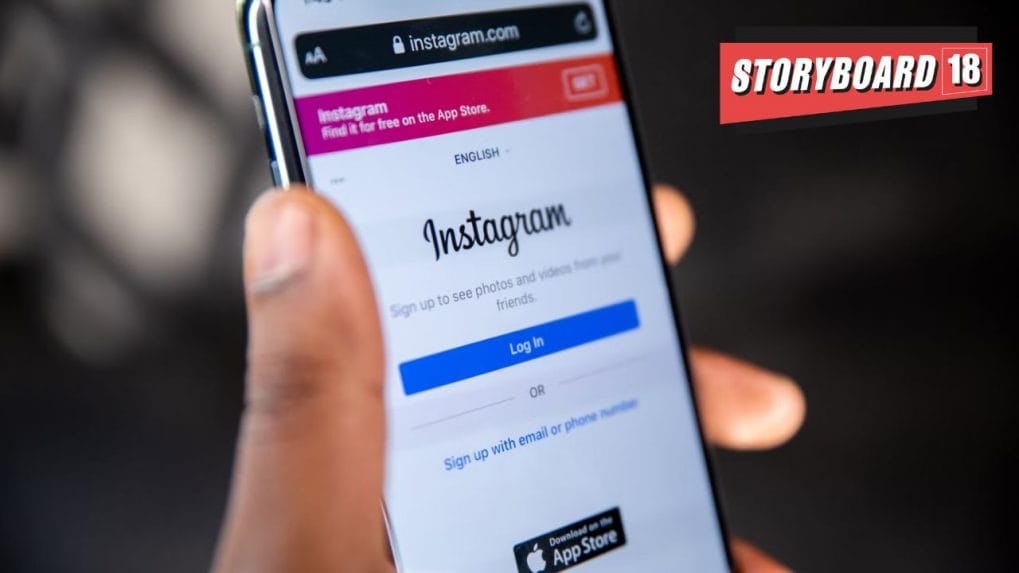Instagram co-founder testifies Zuckerberg feared app's success, leading to resource starvation
Kevin Systrom highlighted the stark disparity in employee numbers, noting that while Instagram had amassed a billion users, roughly 40% of Facebook's user base at the time, it operated with a lean team of just 1,000 employees compared to Facebook's massive 35,000.
ADVERTISEMENT
In the ongoing federal antitrust trial Federal Trade Commission v. Meta Platforms, Instagram co-founder Kevin Systrom delivered compelling testimony on Tuesday, alleging that Meta CEO Mark Zuckerberg deliberately limited resources for the burgeoning photo-sharing app after its acquisition in 2012. Systrom asserted that Zuckerberg viewed Instagram's rapid growth as a threat to Facebook's dominance, as per reports.
"Mark was not investing in Instagram because he believed we were a threat to their growth," Systrom stated during his extensive six-hour testimony. His remarks directly contradicted Zuckerberg's claims from the previous week, where the Meta CEO maintained that the social media giant, formerly known as Facebook, strategically invested heavily in Instagram post-acquisition.
The government's case hinges on the argument that Meta's acquisitions of Instagram for $1 billion and WhatsApp for $19 billion were part of a "buy-or-bury strategy" designed to eliminate potential competitors and solidify its social media monopoly. 1 Systrom's testimony provided significant support for this claim, despite his own substantial financial gain from the Instagram sale.
Systrom, who eventually departed Meta in 2018, attributed his decision to Zuckerberg's alleged reluctance to invest adequately in Instagram's growth. He highlighted the stark disparity in employee numbers, noting that while Instagram had amassed a billion users, roughly 40% of Facebook's user base at the time, it operated with a lean team of just 1,000 employees compared to Facebook's massive 35,000.
"We were by far the fastest growing team," Systrom emphasized. "We produced the most revenue, and relative to what we should have been at the time, I felt like we should have been much larger."
The government's line of questioning focused on the period surrounding Instagram's inception in 2010, a time Systrom described as experiencing "exponential, unstoppable" growth from its initial launch.
However, during cross-examination, Meta's attorney, Kevin Huff, presented past public statements from Systrom where he had lauded Facebook's support following the acquisition. Huff cited an interview where Systrom admitted to previously holding the app together with "duct tape" and noted the newfound ease of accessing resources like salespeople after becoming part of Facebook.
In response, Systrom acknowledged these earlier statements but clarified, "We grew much more quickly because we were part of Facebook than we would have as an independent company." This nuance suggests a potential initial benefit from the acquisition that later soured due to alleged underinvestment.
The trial, now in its second week, continues to scrutinize Meta's decade-old acquisitions, with the core argument from the Federal Trade Commission being that these buyouts stifled competition by removing promising startups capable of challenging Meta's market power. Systrom's testimony adds a powerful voice to this narrative, painting a picture of a successful startup potentially held back by its acquirer's fear of its own potential.


